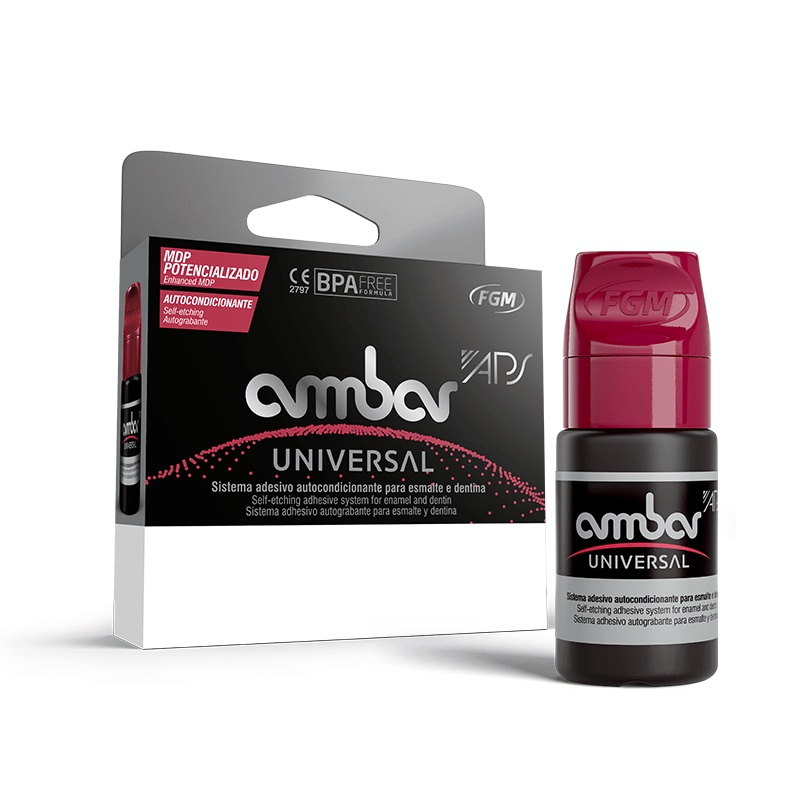Modern dentistry relies on dental adhesive, or a dental bonding agent, to adhere dental restorations to natural teeth. Dental glue securely bonds crowns, bridges, veneers, and other prosthetic devices, ensuring their lifespan and usefulness. This detailed examination will cover dental adhesive science, kinds, application methods, and contributions to dentistry.
Dental glue bonds restorative material to tooth structure chemically and micromechanically. The glue seals microleakage and bacterial infiltration, ensuring therapeutic success. Physical and chemical processes provide stable and long-lasting adherence.
Types of Dental Adhesives
Total-Etch Adhesives
Total-etch, or etch-and-rinse, adhesives employ phosphoric acid to etch teeth. This technique develops enamel and dentin micro-porosities that enable the adhesive resin to penetrate and bind. Total-etch sealants are effective but may have moisture management and method sensitivity issues.
Adhesives that self-etch
Self-etch adhesives combine etching and priming to ease bonding. Acidic monomers in these adhesives etch and bind with tooth structure. For simplicity and reduced post-operative irritation, self-etch adhesives are used.
Universal Adhesives
Universal adhesives enable physicians to use total-, self-, or selective-etch methods depending on the scenario. They combine the advantages of total-etch and self-etch systems, making them suited for many restorative operations.
Application and Clinical Considerations
Application Protocol
Dental glue application requires precise techniques for adequate adhesion. Standard stages include etching or conditioning the tooth surface, applying the adhesive resin, and using light-curing to polymerize the adhesive. An effective bond requires isolation and moisture control.
Post-Operative Sensitivity
Dental glue may cause post-operative discomfort owing to inadequate dentinal tubule closure, pulp irritation, or polymerization shrinkage stress. Advances in dental adhesive technology, procedure selection, and isolation have reduced this risk.
Restoration longevity and success
The quality of the adhesive bond affects dental repair lifespan and success. Strong bonds prevent debonding, microleakage, and degradation. Proper adhesive selection, attentive technique, and patient education make restorative procedures last and satisfy.
Future challenges and directions
Different Substrates Bonding
Dental adhesive bonding may be difficult with enamel, dentin, and restorative materials. Dental materials research & development involves creating adhesive solutions that attach to several surfaces.
Impact on biocompatibility and longevity
Biocompatibility and long-term effects are crucial for dental adhesives, which touch oral tissues. Researchers are studying adhesive monomer biocompatibility and approaches to reduce oral health risks.
Bioactive Adhesives
Bioactive adhesives are promising dental adhesive research. Fluoride and antibacterial chemicals released by these adhesives improve remineralization, minimize secondary caries, and prevent bacterial development near repair margins.
Conclusion
Modern restorative dentistry relies on dental glue to adhere restorations and prosthetic devices to natural teeth. Dental cement permanently bonds by chemical interactions and micromechanical retention, ensuring vital operations' functional and cosmetic success. From total-etch to self-etch and universal systems, adhesive technology has allowed doctors to customize patient adhesive procedures. Dental adhesive formulas and application procedures will be refined as dental technology advances to improve dental restoration results and lifespan, preserving healthy and attractive mouths for years.


No comments yet